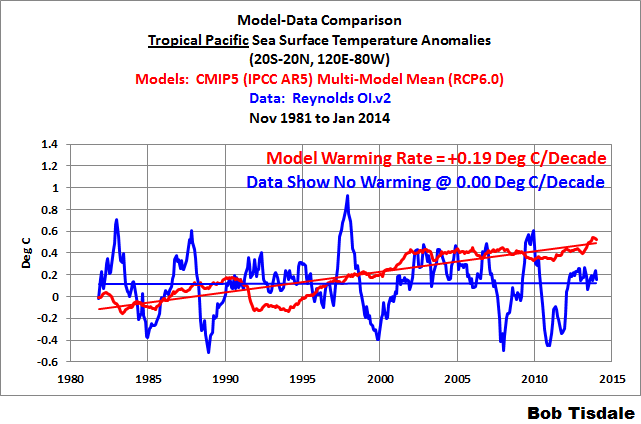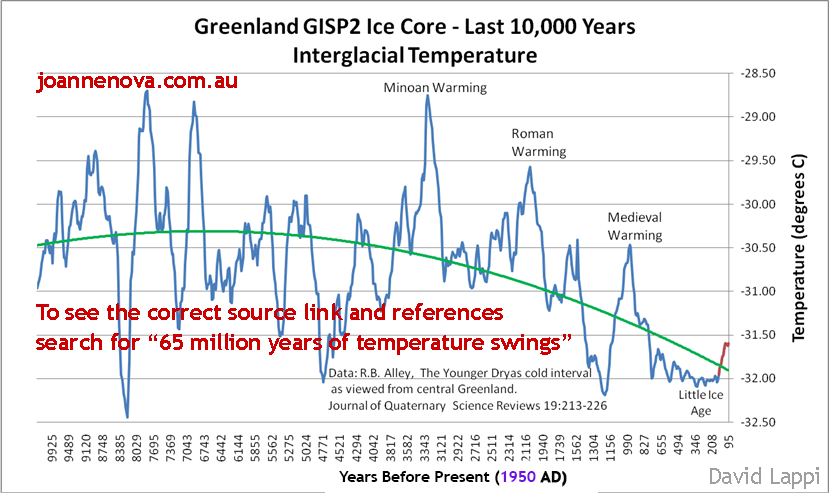Memorandum submitted by the Institute of Physics (CRU 39)
The disclosure of climate data from the Climatic Research Unit at the University of East Anglia
.
The Institute of Physics is a scientific charity devoted to increasing the practice, understanding and application of physics. It has a worldwide membership of over 36,000 and is a leading communicator of physics-related science to all audiences, from specialists through to government and the general public. Its publishing company, IOP Publishing, is a world leader in scientific publishing and the electronic dissemination of physics.
.
The Institute is pleased to submit its views to inform the House of Commons Science and Technology Committee’s inquiry, ‘The disclosure of climate data from the Climatic Research Unit at the University of East Anglia’.
What are the implications of the disclosures for the integrity of scientific research?
1. The Institute is concerned that, unless the disclosed e-mails are proved to be forgeries or adaptations, worrying implications arise for the integrity of scientific research in this field and for the credibility of the scientific method as practised in this context.
2. The CRU e-mails as published on the internet provide prima facie evidence of determined and co-ordinated refusals to comply with honourable scientific traditions and freedom of information law. The principle that scientists should be willing to expose their ideas and results to independent testing and replication by others, which requires the open exchange of data, procedures and materials, is vital. The lack of compliance has been confirmed by the findings of the Information Commissioner. This extends well beyond the CRU itself – most of the e-mails were exchanged with researchers in a number of other international institutions who are also involved in the formulation of the IPCC’s conclusions on climate change.3. It is important to recognise that there are two completely different categories of data set that are involved in the CRU e-mail exchanges:
• those compiled from direct instrumental measurements of land and ocean surface temperatures such as the CRU, GISS and NOAA data sets; and
• historic temperature reconstructions from measurements of ‘proxies’, for example, tree-rings.
4. The second category relating to proxy reconstructions are the basis for the conclusion that 20th century warming is unprecedented. Published reconstructions may represent only a part of the raw data available and may be sensitive to the choices made and the statistical techniques used. Different choices, omissions or statistical processes may lead to different conclusions. This possibility was evidently the reason behind some of the (rejected) requests for further information.
5. The e-mails reveal doubts as to the reliability of some of the reconstructions and raise questions as to the way in which they have been represented; for example, the apparent suppression, in graphics widely used by the IPCC, of proxy results for recent decades that do not agree with contemporary instrumental temperature measurements.
6. There is also reason for concern at the intolerance to challenge displayed in the e-mails. This impedes the process of scientific ‘self correction’, which is vital to the integrity of the scientific process as a whole, and not just to the research itself. In that context, those CRU e-mails relating to the peer-review process suggest a need for a review of its adequacy and objectivity as practised in this field and its potential vulnerability to bias or manipulation.
7. Fundamentally, we consider it should be inappropriate for the verification of the integrity of the scientific process to depend on appeals to Freedom of Information legislation. Nevertheless, the right to such appeals has been shown to be necessary. The e-mails illustrate the possibility of networks of like-minded researchers effectively excluding newcomers. Requiring data to be electronically accessible to all, at the time of publication, would remove this possibility.
8. As a step towards restoring confidence in the scientific process and to provide greater transparency in future, the editorial boards of scientific journals should work towards setting down requirements for open electronic data archiving by authors, to coincide with publication. Expert input (from journal boards) would be needed to determine the category of data that would be archived. Much ‘raw’ data requires calibration and processing through interpretive codes at various levels.
9. Where the nature of the study precludes direct replication by experiment, as in the case of time-dependent field measurements, it is important that the requirements include access to all the original raw data and its provenance, together with the criteria used for, and effects of, any subsequent selections, omissions or adjustments. The details of any statistical procedures, necessary for the independent testing and replication, should also be included. In parallel, consideration should be given to the requirements for minimum disclosure in relation to computer modelling.
http://www.publications.parliament.uk/pa/cm200910/cmselect/cmsctech/memo/climatedata/uc3902.htm




